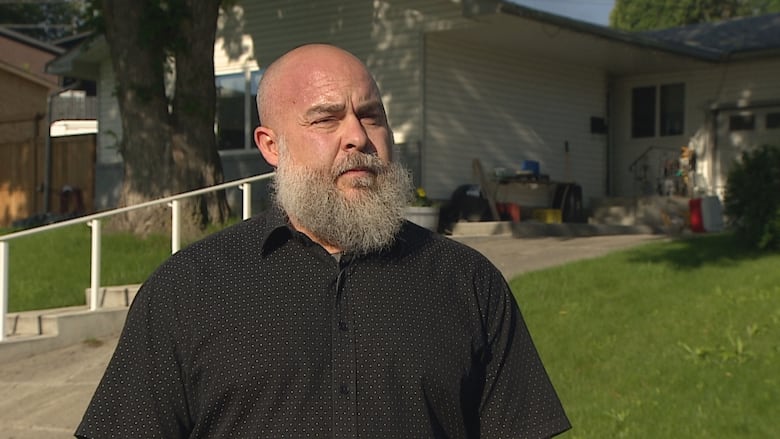Calgary seeing huge uptick in virtual inspections of residential, commercial projects
Nearly 1,300% more video inspections in 1st half of this year, compared to 2024

An increasing number of Calgarians are opting for remote video inspections (RVI) to obtain approval on projects like home improvements or commercial developments.
In fact, the city reports it's seen a 1,248-per-cent increase in RVI bookings between January and June this year, compared to last year as homeowners and contractors look to streamline construction projects. The city is now averaging 877 RVI appointments per month.
Through RVIs, customers can book same-day virtual permit inspections that see a safety codes officer connect with the customer over a video call, and direct the customer to show the scope of the project they're working on. The officer can then offer feedback and direction on any needed changes.
The tool has been available to book with the city for about five years, but the city only recently began offering the service to homeowners in March. As a result of the increase in virtual bookings, the city is reporting it's more effectively keeping up with demand.
"To have the ability, particularly from a homeowner's standpoint, to be able to get in a queue on a given day, any day, and have their inspection completed, it's significant," said Corey Radloff, a senior safety codes officer at the city.
The city offers RVIs to homeowners, as well as contractors on job sites, when plumbing and gas, or building and development permit approvals are needed. Contractors can also request virtual inspections for electrical projects.
Radloff noted that diligence is especially important for inspections conducted remotely, as officers need to inspect job sites and homes because phones provide a much smaller window to view a project through, compared to inspecting in person.
Kris Dietrich, the city's manager of trades and subdivision inspections, attributes the rise in uptake the service has seen to the flexibility it offers homeowners to book approvals around their own schedule. He said current timelines for RVI bookings see customers waiting in a queue between five and 30 minutes.

"Its success is really around the convenience," said Dietrich. "It's just another tool, so if people are looking to get occupancy faster or they need to get an inspection quicker, this is an option they can do."
The vast majority of inspections are still completed in-person, Dietrich said, due to RVI bookings still being a relatively new offering. If there are any problems with computer connectivity or compliance concerns, the city will complete the inspection in person.
With files from Colleen Underwood